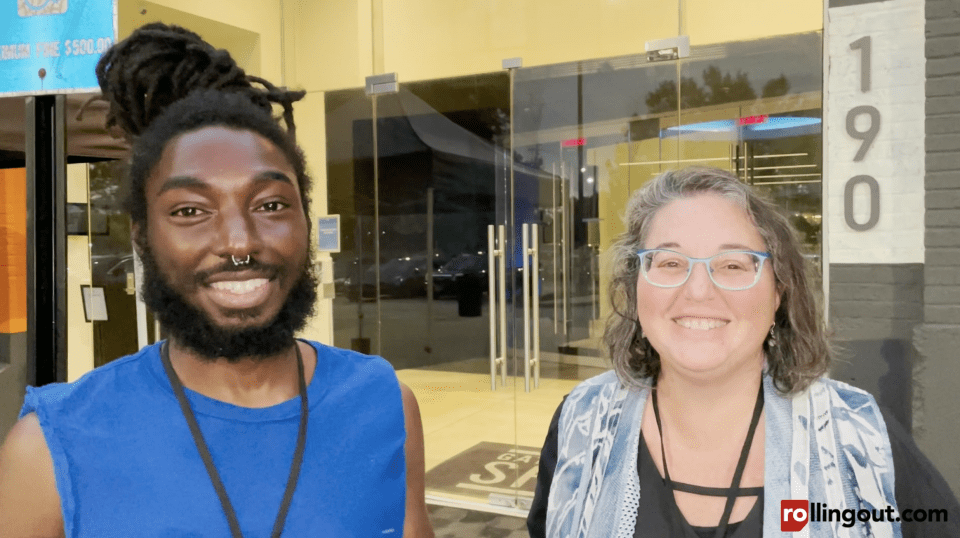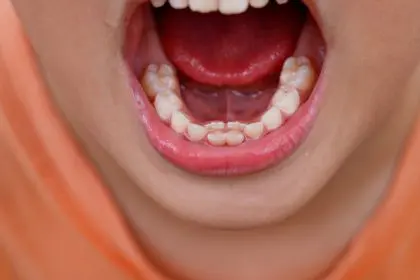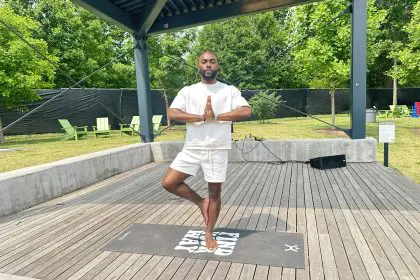
Lamont Asazi and Leanne Rubenstein are a part of the nonprofit organization Compassionate Atlanta, as their goal is to build healthier, more connected, abundant and thriving communities. Compassionate Atlanta partnered with Gilead during their community conversation about HIV.
What do you think people should know about HIV, and how can we have healthier conversations about the topic?
Lamont Asazi: I hope that we get into the conversation about how we can hold the medical health science industry more accountable and pharmaceutical companies more accountable in making space for people who look like us and people who are direct targets of being vulnerable to HIV.
Leanne Rubenstein: If we can normalize it, just like anything else, it can just be a health issue. We don’t have to whisper words anymore. We can say, “OK, I’m going to get tested,” just like we go to the doctor. If something’s bothering us, we go get tested, and now testing is normalized because of COVID, so let’s normalize it across the board. Let’s talk about it in our homes. You can even test yourself at home. If we normalize it, then we’re going to create spaces where it’s not hush-hush anymore, and then we will find space in the community where people will live healthy lives and thrive. HIV doesn’t have to be an impediment to living a full life.
I think it’s just about talking to your friends, family, and everybody to normalize the conversation. Once you do that it becomes, “Hey, how are you today, I got tested, and everything’s good.” We need that mindset across the board for all ages, so that we don’t shy away from it, and don’t stigmatize people if they are positive, because there’s a future and a bright outlook in that future. Getting tested is not a death sentence anymore, where it may have been before. You can get treated and become undetectable now.
















